Japan does not have either a large Muslim population or a huge number of Muslim visitors, so with that in mind, it can still be difficult to get hold of halal food when you visit the country. There has been a slight increase in halal restaurants in recent years, but eating halal food, or even knowing what to avoid can still be difficult for many travelers.
Here we run though some tips on How To Eat Halal In Japan.
What Kind of Food is Muslim Friendly?
Tofu:
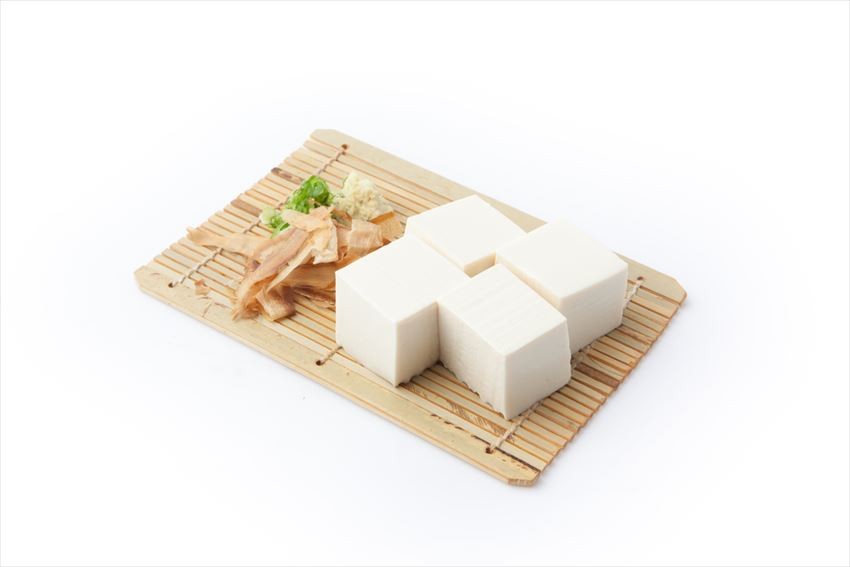
Tofu is a staple of Japanese food and can be considered to be Muslim friendly. It is made of soy milk that has been thickened to a curd, rather similar to the way cheese is made from milk. It is served all over Japan and you can enjoy it without any worry.
Tempura:
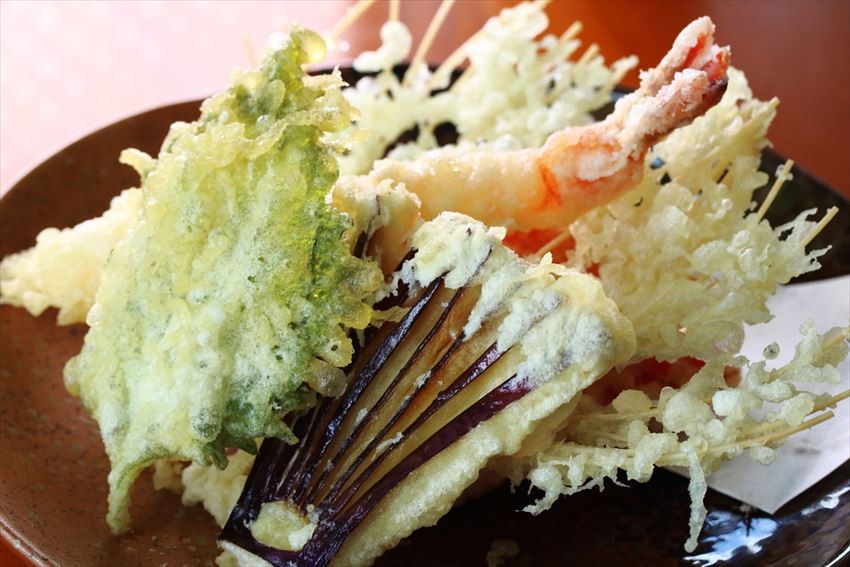
Tempura is made from a batter of water and flour into which vegetables and items like prawns are dipped before being fried. Usually tempura is fried in sesame oil, not animal fat, and prawns often feature heavily, meaning that it can be consumed by Muslims. It is served all over Japan and is delicious.
Shojin-ryori:
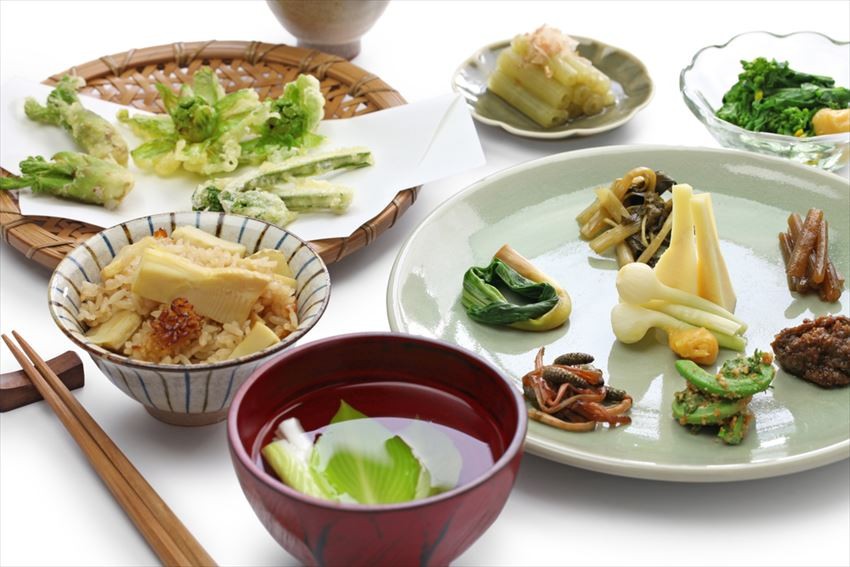
Shojin-ryori developed as a cuisine eaten by Buddhist monks, who do not eat meat, fish, root vegetables, or alliums like leeks, garlic, and onions. There is a large emphasis however on eating things like beans and fresh fruits and vegetables, all of which can be considered safe for Muslims to consume. If you visit a Buddhist temple in Japan, there may also be a simple restaurant or canteen attached that served shojin-ryori cuisine, or in recent years there has been a rise in restaurants focusing on this kind of food for Buddhist followers. As such, this can be a great one to seek out of you want to eat Muslim friendly food.
Fish and seafood:
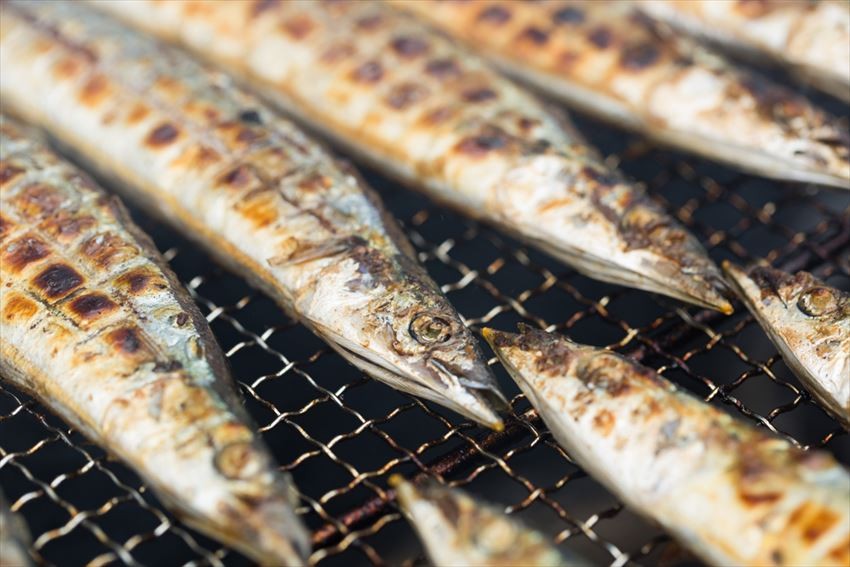
As Japan is an island there is an abundance of fish and seafood here which is easy to enjoy if you are Muslim. Much of the fish is prepared very simply in Japan, and can just come lightly grilled with a dipping sauce. If you are worried about the fish being seasoned with soy sauce which may mean that it is not halal, simply ask for it to be cooked without. This also applies to other dishes like octopus or eel, which can easily be prepared to your liking without the need for any accompaniments.
What Kind of Food are Maybe NOT Muslim Friendly?
Sushi:
On the face of it, sushi can be considered halal as it is primarily made with fish, however, a lot of sushi is made with rice wine called mirin with is mixed into the rice to act as a seasoning, meaning that it is not considered halal. If you are in a sushi restaurant, the best thing to do is ask the staff and explain that you can only eat rice that is not mixed with mirin and see if the restaurant can accommodate this request.
Ramen:
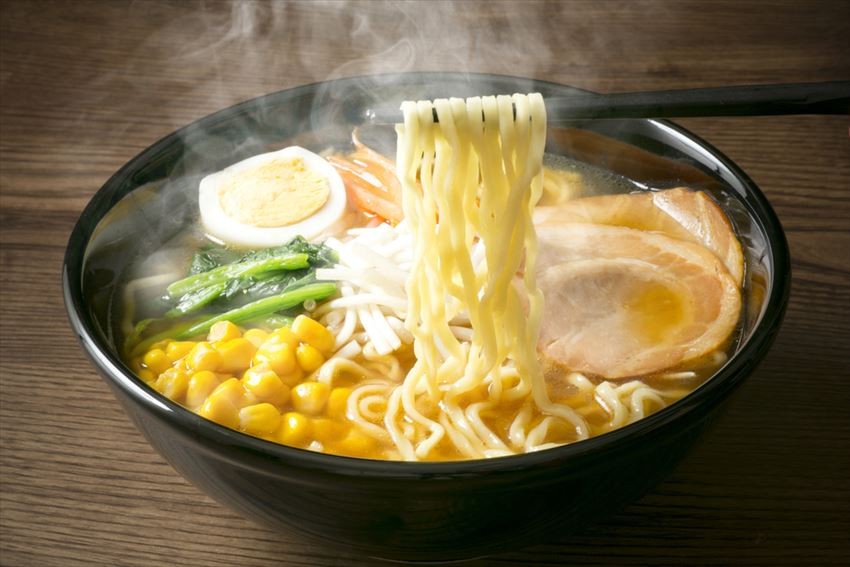
Noodles can be a good choice if you are trying to eat halal in Japan, although one issue can be associated with ramen, or egg noodles that are often eaten as a nighttime snack. The problem with ramen comes from the broth, as one of the most popular bases for this is called tonkotsu and is made from boiled pork bone meaning that it is not halal. Other types of ramen however include vegetarian options for the broth so it’s best to go for these in order to be safe.
Puddings:
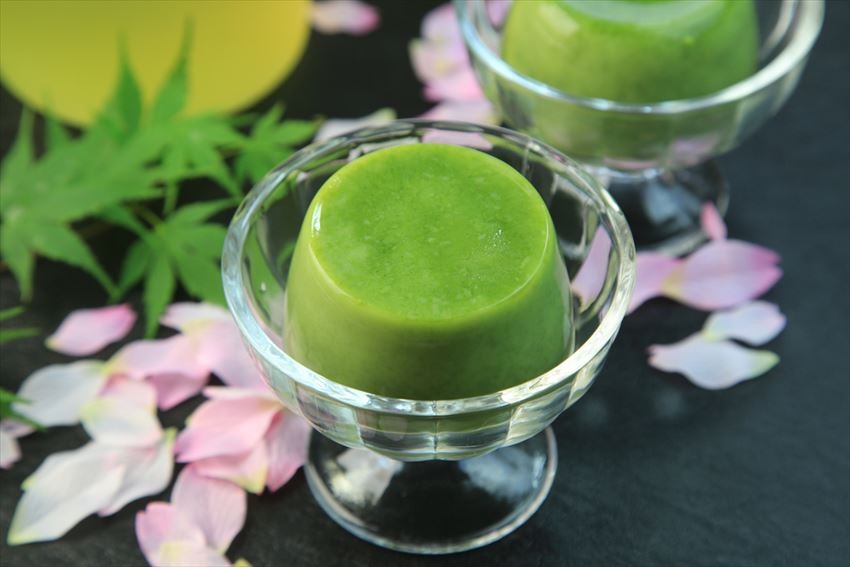
Some Japanese desserts feature puddings, many of which can be fruit based, and at first glance these can appear to be acceptable if you want to eat halal. Some of them however may include pork gelatin in them to help them set, which would mean that they are no longer halal. When eating dessert, other items like fresh fruit can be a better choice if you want to err on the side of caution.
Soy sauce:
Soy sauce in Japan can be a tricky one to navigate. Soy sauce is made from wheat, soybeans, water, and salt, which are all considered safe for Muslims to consumer, however, during the fermentation process the sugar in the wheat break down and convert to alcohol which means that the soy sauce is no longer halal. If this bothers you, then you can bring your own bottle of gluten free soy sauce (this is widely available in many countries as it is used by people who have celiac disease and can’t eat wheat). Use this version of sauce instead as there is no alcohol in it.
Miso soup:
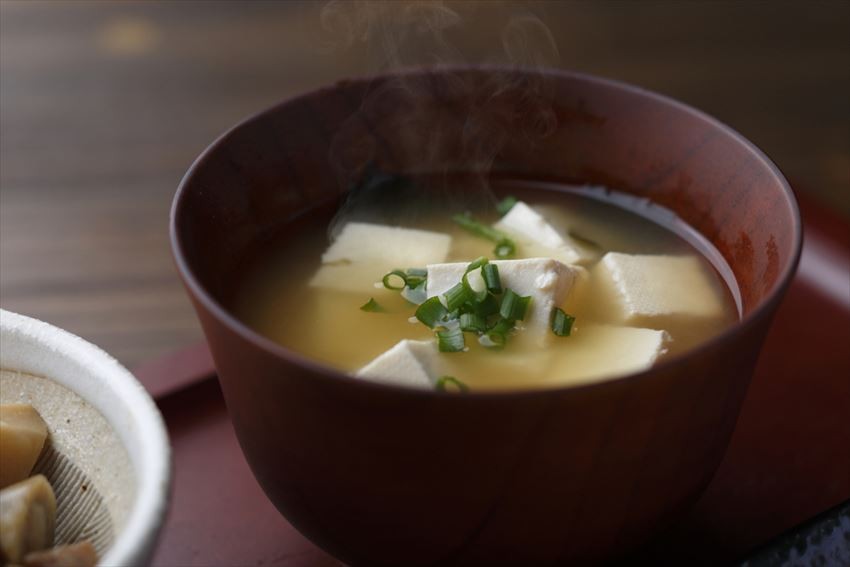
Miso soup is a favorite in Japan and often comes with a variety of dishes as a side accompaniment. It may or may not contain mirin which acts as a preservative and which would make in non-halal. You will need to ask if mirin has been added in order to decide if it is safe to consume.
※This article was published on December 2016※
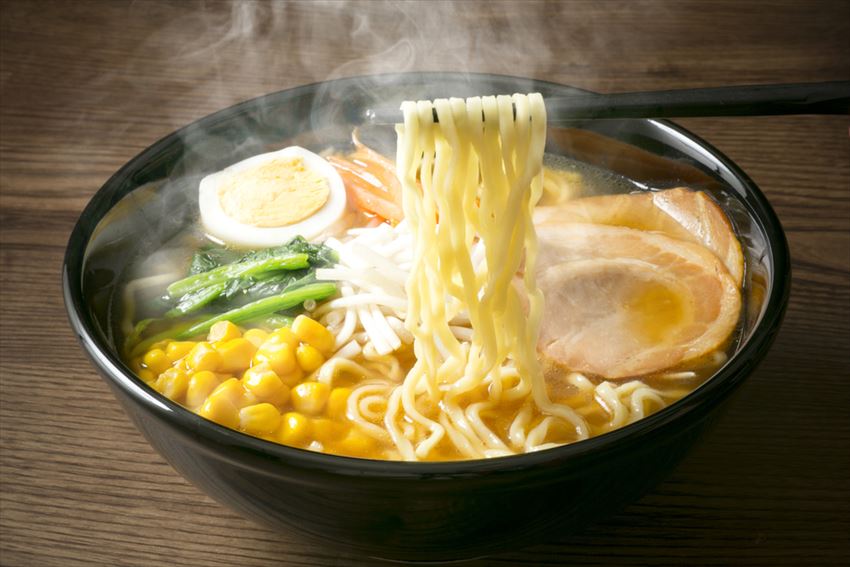
Comments